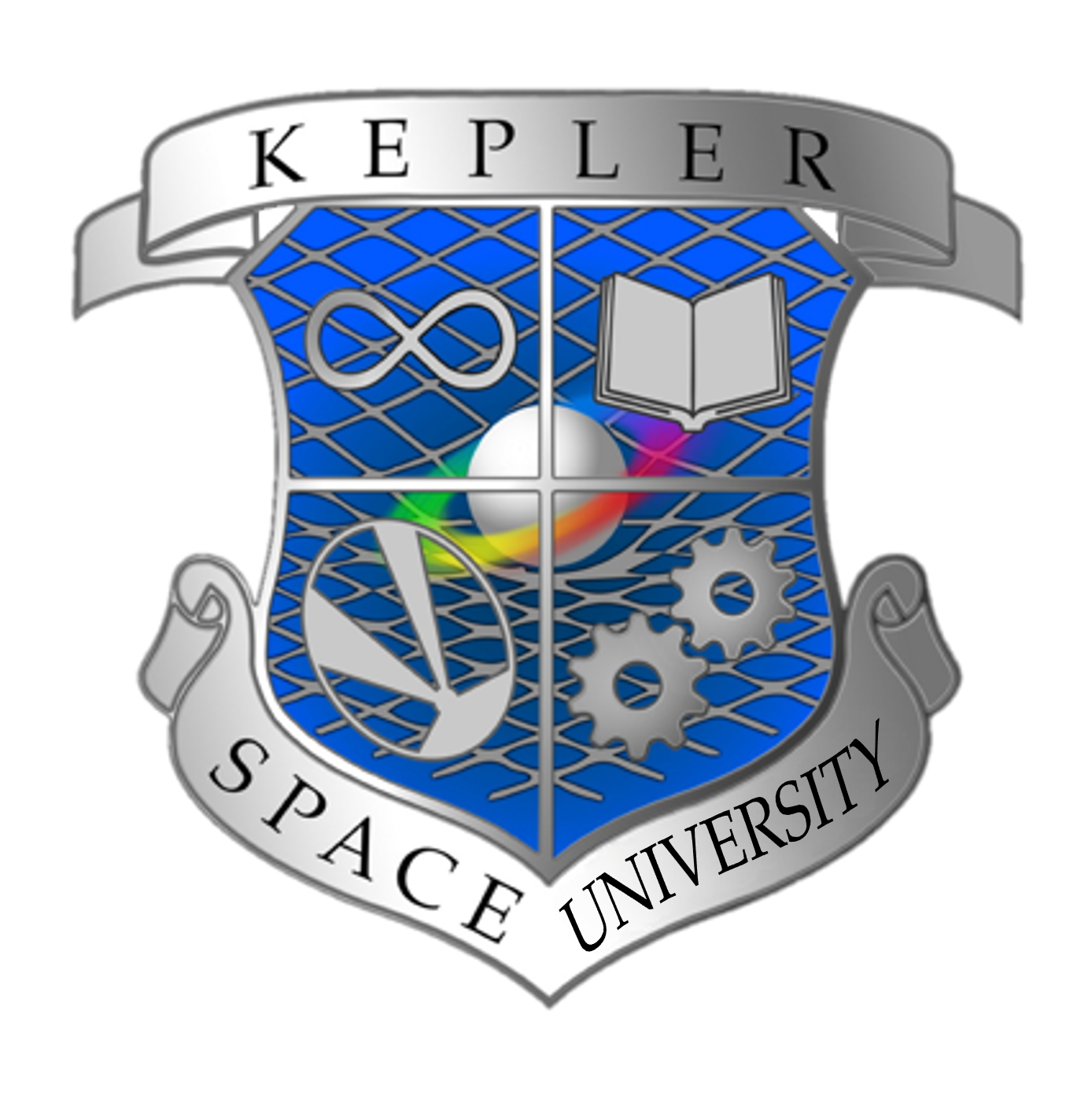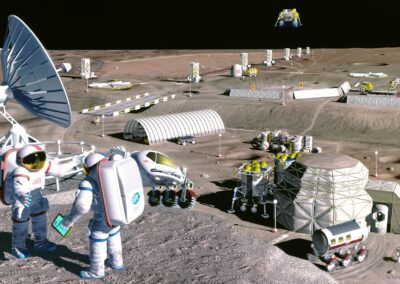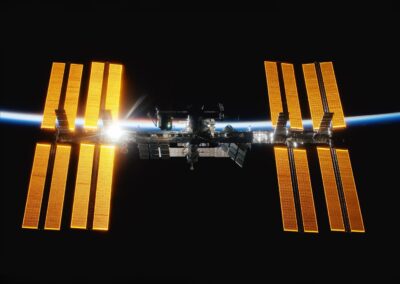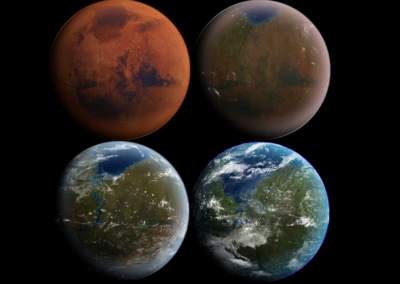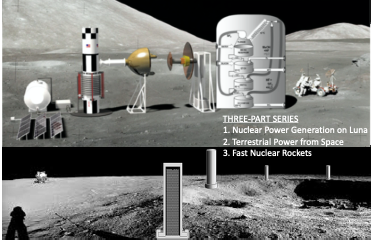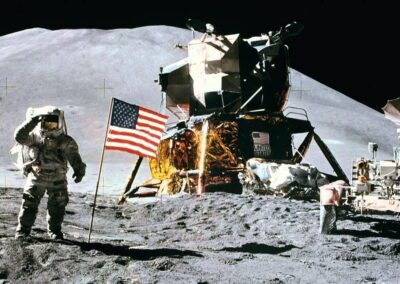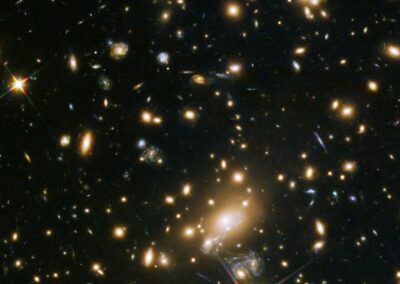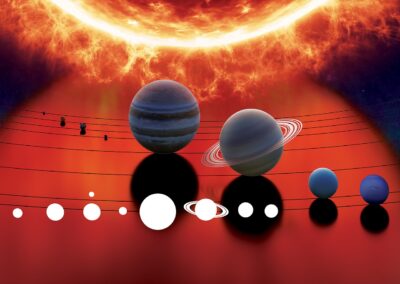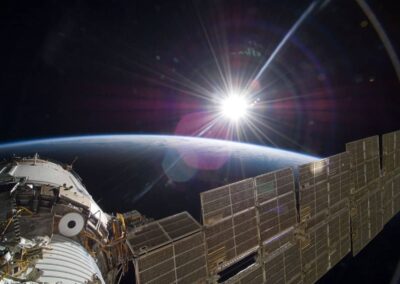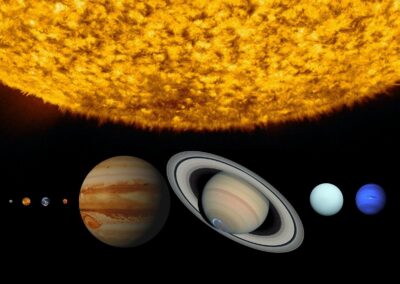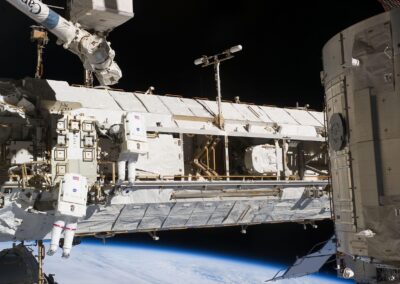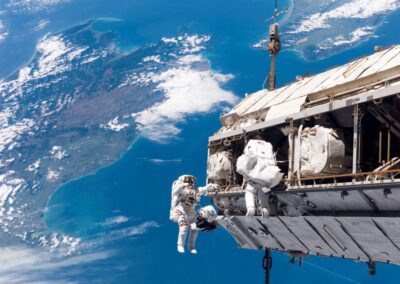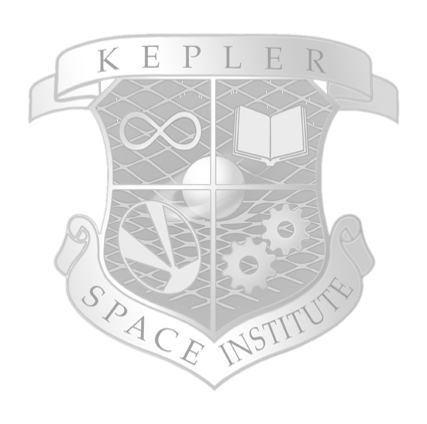Degrees and Programs
GRADUATE STUDIES PROGRAMS
MASTER OF SCIENCE PROGRAMS
Master of Science (M.S) Degrees
The Master of Science (M.S.) Degree is an interdisciplinary program providing opportunities for those interested in advancing the development of Human Space Exploration and Space Settlements. The M.S. Program features coursework, research training, and collaborations with faculty in a research-led culture emphasizing rigor, creativity, and innovation. Students will join industry leaders to help guide the sustainable development of Space, and with the support of commercial and international partners will conduct impactful research in space-related fields to enable human expansion from Earth to Space.
PROGRAM OPTIONS
MASTER OF SCIENCE DEGREE (M.S. COURSE-BASED)
Complete a total of 36 credit hours, with all 21 credit hours comprised of Core Courses, and 15 additional credit hours from the Technical Specialization Tracks. The program is designed for professionals who have been with government, industry, or private practice and who wish to return for upgrading and specialization.
MASTER OF SCIENCE DEGREE (M.S. PROJECT-BASED)
Complete a total of 36 credit hours, with all 21 credit hours comprised of Core Courses, and 15 additional credit hours from Technical Specialization Tracks, including the completion of a project under the supervision of a faculty member. Students will select a research topic, perform experiments, computation, or analysis relevant to the topic, and report their results. The project-based degree is designed to train academics in planning, conducting, evaluating and reporting leading original research with a high degree of competence and integrity.
MASTER OF SCIENCE DEGREE (M.S. THESIS-BASED)
Complete a total of 36 credit hours, with all 21 credit hours of comprised Core Courses and 15 additional credit hours from the Technical Specialization Tracks, including the completion of a thesis under the supervision of a faculty member. Students will select a research topic, perform experiments, computation, or analysis relevant to the topic, and report their results. The thesis-based degree is designed to train academics in planning, conducting, evaluating and reporting leading original research with a high degree of competence and integrity.
MASTER OF SCIENCE DEGREE (M.S. CO-OP BASED)
Complete a total of 36 credit hours, with all 21 credit hours of comprised Core Courses and 15 additional credit hours from the Technical Specialization Tracks, including the completion of a thesis under the supervision of a faculty member. Students will select a research topic, perform experiments, computation, or analysis relevant to the topic, and report their results. Up to three co-op placements may be considered, students may register through the Kepler Co-op Program, with up to 12 credit hours applicable to degree course requirements. The co-op program option is open to all graduate students, it offers students enriched educational experiences for academic and professional growth.
GRADUATE CERTIFICATES
Graduate Certificate
Our online programs encompass focused Interdisciplinary Space Studies, graduates will join industry leaders to help guide the sustainable development of Space, and with the support of commercial and international partners will create employment opportunities and enhance the expertise of global citizens to benefit society.
To be awarded a Graduate Certificate, students must take four courses. Three courses must be taken within the desired Graduate Certificate program. The fourth course may be taken as an elective from any of the Graduate Studies Programs.
PROGRAM OPTIONS
GRADUATE CERTIFICATE (COURSE-BASED)
Complete a total of 12 credit hours, with all 9 credit hours comprised of Core Courses, and 3 credit hours elective from any of the Graduate Studies Programs. The program is designed for professionals who have been with government, industry, or private practice and who wish to return for upgrading and specialization.
GRADUATE CERTIFICATE (CO-OP BASED)
Complete a total of 12 credit hours, with all 9 credit hours comprised of Graduate Certificate Courses, and 3 credit hours elective through the Co-op Program, which offers students enriched educational experiences for academic and professional growth. The program is designed for professionals who have been with government, industry, or private practice and who wish to return for upgrading and specialization.
Cooperative Education
EXPERIENTIAL LEARNING – Explore Your Full Potential!
Kepler Co-op Program
The Kepler Co-op Program is available to students in both the Graduate Certificate Program and the Master of Science Degree Programs and offers students enriched educational experiences for academic and professional growth. The program works with a diverse range of community partners and sectors to provide transformative workplace learning for co-op students. It gives real–world hands–on experiences in the space industry.
The co-op program allows students to alternate academic terms with paid, relevant work experience. It allows students to explore different career options, while gaining paid, professional work experience and building a network of contacts. Co-op students get in-depth exposure to relevant workplaces and to a range of tasks related to their field of study. Students complete three work terms of four months each, over the two to three years, after achieving candidacy.
Co-op Program requirements
- Co-op students are responsible for following the regulations and procedures of the Kepler Co-op Program.
- The co-operative placement must relate to the program of study.
- Students complete up to three work terms of 4 months each as part of the Master of Science Program/Complete 1 work term of 4 months as part of the Graduate Certificate Program.
- A co-op student must finish their program on an academic term.
- A co-op student must maintain full-time status until degree completion
- All co-op students are required to complete a co-op preparation course before they can have access to co-op job boards or be approved for a co-op job. These courses explain the co-op process and expectations, as well as provide advice and resources to help you succeed in your job search and your co-op positions. Once completed, you are eligible to search for and accept jobs during the co-op terms in your academic program plan. The course is offered completely online.
Minimum Co-op Application requirements
Applications must be submitted the December of your first term of graduate studies to your department, please contact the Office of Academic Affairs.
Students must have the following:
- Successfully completed at least one term as a student at Kepler Space Institute
- Students cannot have any outstanding English Language Proficiency requirements as part of their conditions of admission for their graduate studies program.
- The department may request an interview with students before they are recommended to the Co-op Program for approval.
Kepler Co-op PROGRAM COURSES
Application checklist:
- Graduate Co–op Application Form
- Change of Program/Plan
- Change of Enrolment Status
KCP 500: Program Preparation (no credit)
This non-credit course is mandatory for all students enrolled in the Graduate Co-op program. Orientation to Graduate Co-op program, self-assessment exercises, job and employer research, cover letter and resume writing, interviewing skills and work place professionalism. This course is offered in all three terms every year.
KCP 510: Four Month Co-op Experience I (3 credits)
Minimum of 15 weeks of full-time placement in a professional environment.
Prerequisite(s): KCP 500, Registration in a Graduate Studies Program; and permission of the Graduate Co-op Program and Department/Office of Academic Affairs.
KCP 520: Four Month Co-op Experience II (3 credits)
Minimum of 15 weeks of full-time placement in a professional environment.
Prerequisite(s): KCP 500, KCP 510; Registration in a Graduate Studies Program; and permission of the Graduate Co-op Program and Department/Office of Academic Affairs.
KCP 530: Four Month Co-op Experience III (3 credits)
Minimum of 15 weeks of full-time placement in a professional environment.
Prerequisite(s): KCP 500, KCP 510, KCP 520; Registration in a Graduate Studies Program; and permission of the Graduate Co-op Program and Department/Office of Academic Affairs.
Academics & Research
Space Program Search
Graduate Studies
Admissions
Entry Requirements:
An applicant must have the following:
- A Bachelor’s Degree from a college or university accredited by the appropriate regional association with a minimum grade point average of 2.5 on a 4.0 scale or equivalent work experience in professional academic and/or government or private industry positions and achievements. Each applicant’s specific experience will be evaluated by the KSU Admissions Committee.
- A Graduate Record Examination (GRE) revised General Test score or a Miller’s Analogy Test(MAT) score at or above the 50th percentile. The GRE or MAT requirement will be waived if an applicant has completed a Master’s degree or twelve or more credits of post- baccalaureate upper division or graduate coursework with a minimum grade point average of 3.0 on a 4.0 scale.
- Completion of application
- Application fee
- Official transcripts from all previous universities or colleges attended or proof of work equivalent
- Three completed recommendation letters
- Additionally, all international applicants whose native language is not English are required to take the Test of English as a Foreign Language (TOEFL) and submit a combined score of 550 or better (new scoring of 213 or better) or the Internet based test scoring of 80 or better. International transcripts are required to be translated if the grading and evaluation system used differs from those used by the United States education system. Official translation and a course- by-course evaluation from all prior institutions and grade-point average computation must be provided to the Office of Admissions. Please use one of the following services for evaluation.
World Educational Services 22 Prince St.
PMB 101
New York, NY 10012
Josef Silny & Associates
7101 SW 102 Ave.
Miami, FL 33173
KSU reserves the right to deny admissions to any prospective student for any reason/cause as determined by KSU. In the event of a denial of a request for admission a student may appeal to the admissions committee.
Graduate Studies
How to apply?
1
Check Eligibility
2
Meet Deadlines
3
Prepare Application
4
Apply Online
